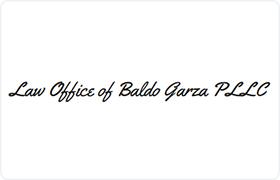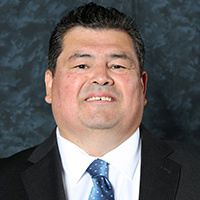Webster Misdemeanor Lawyer, Texas
Sponsored Law Firm
-
 x
x

Click For More Info:
-
Law Office of Baldo Garza PLLC
11200 Westheimer Rd. Suite 710 Houston, TX 77042» view mapCriminal Defense Law Working With You Every Step
Baldo Garza PLLC has been working together for 15 years and has a proven track record of success. We use that experience to help you down a path to the results you need.
800-691-8350
Marshall Douglas Murphy
DUI-DWI, Criminal, Misdemeanor, Felony, White Collar Crime
Doug Murphy: Renowned Board Certified Criminal Law & DWI Specialist Serving Houston, Texas
Doug Murphy stands as a prominent figure in the legal realm of Houston, Texas, with a focus on Criminal Law and DWI Defense. His career, which began i... (more)
Feroz Farook Merchant
Traffic, Misdemeanor, Felony, Criminal
Status: In Good Standing Licensed: 24 Years
David L Singer
White Collar Crime, Misdemeanor, Felony, DUI-DWI
Status: In Good Standing Licensed: 41 Years
FREE CONSULTATION
CONTACTRachel Fraser
Divorce & Family Law, Misdemeanor, Felony, Criminal
Status: In Good Standing Licensed: 23 Years
FREE CONSULTATION
CONTACTMary E. Conn (Mary)
Misdemeanor, DUI-DWI, Criminal, Criminal
Status: In Good Standing Licensed: 39 Years
Mark Anthony Morasch
Domestic Violence & Neglect, Misdemeanor, Felony, DUI-DWI, Criminal
Status: In Good Standing Licensed: 21 Years
 Baldomero Garza III Houston, TX
Baldomero Garza III Houston, TX Practice AreasExpertise
Practice AreasExpertise

